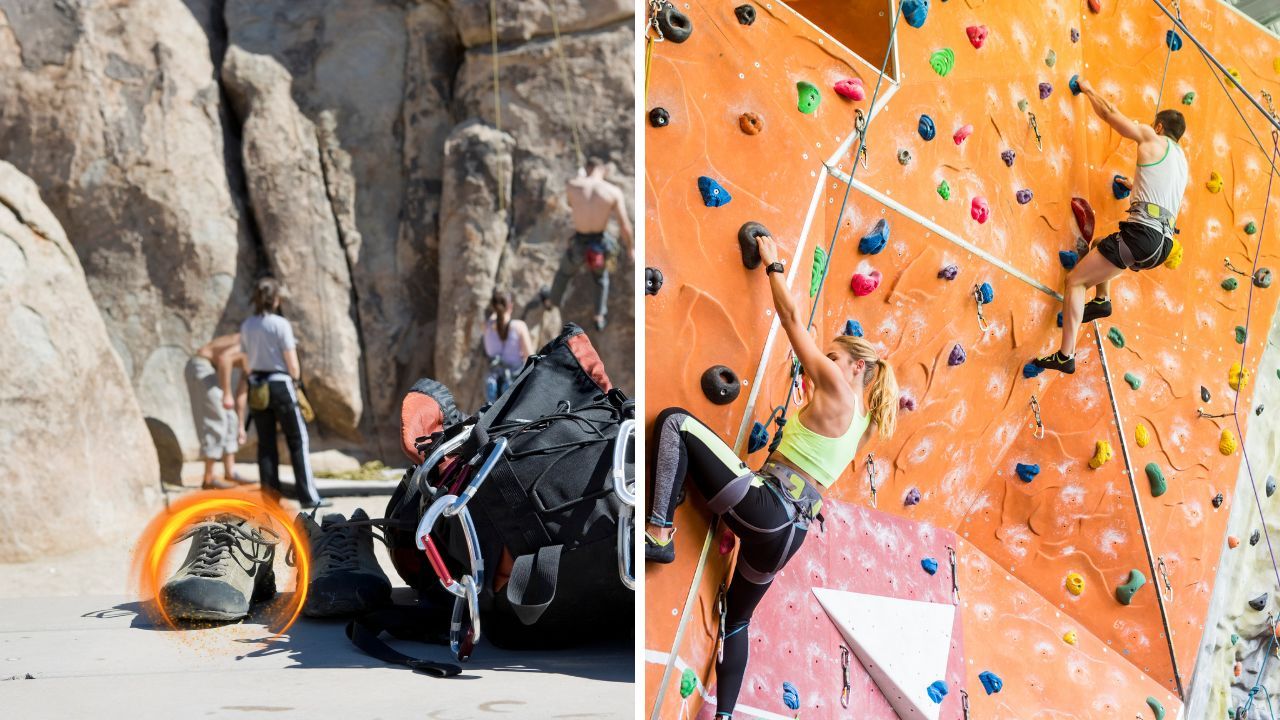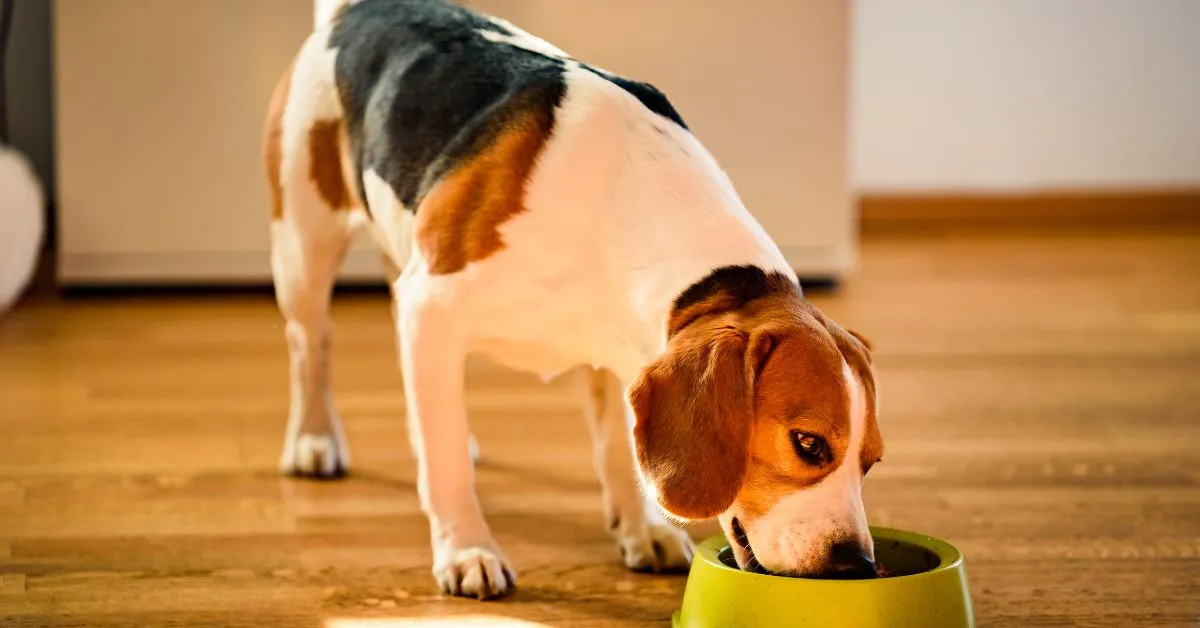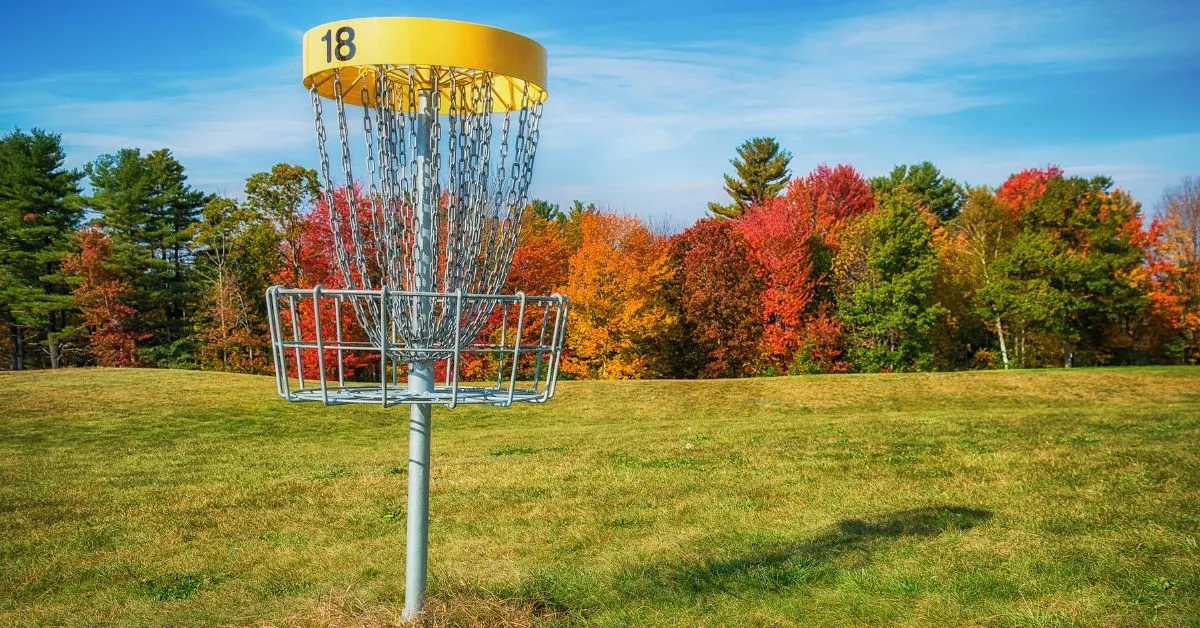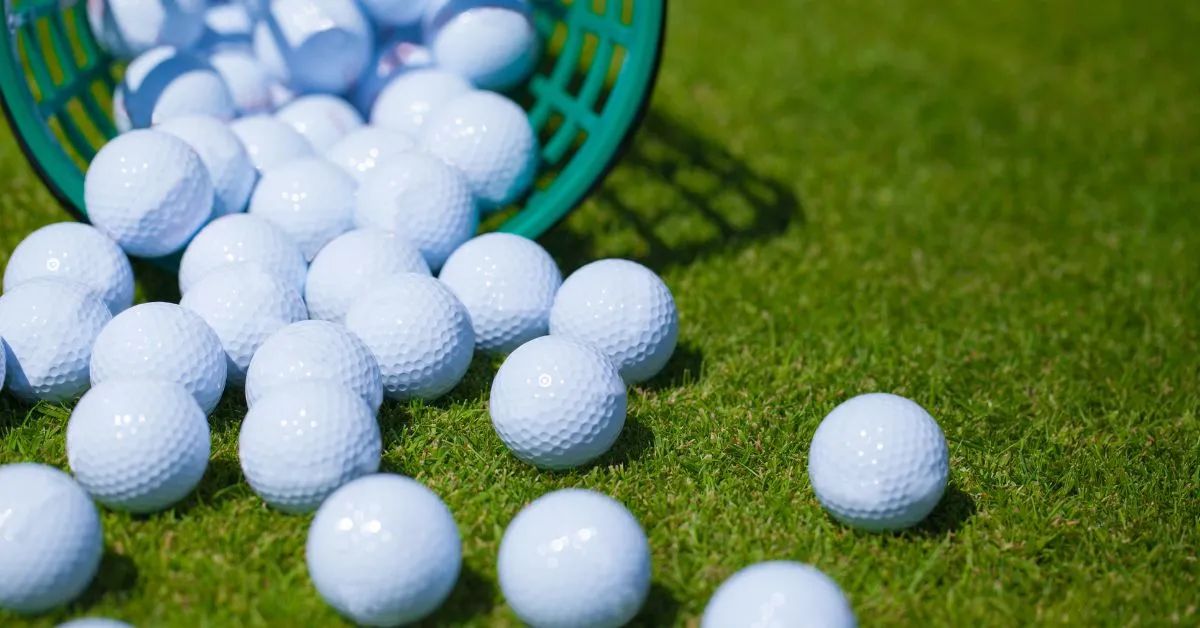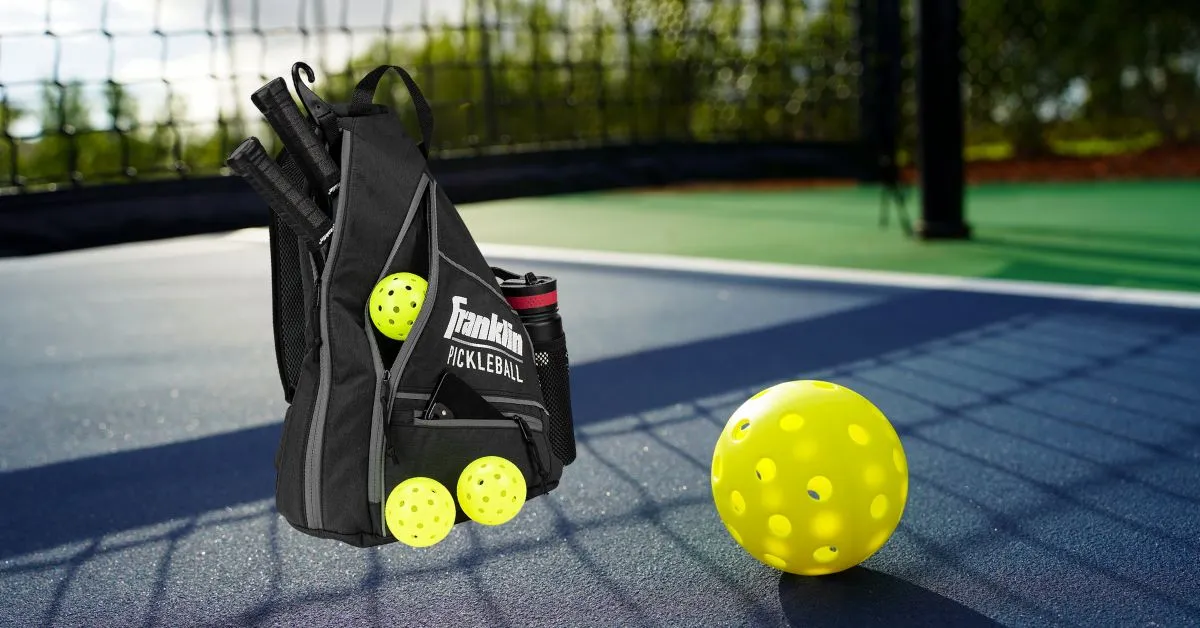Table of Contents
Climbing shoes are an essential part of a climber's gear, but they can quickly become a breeding ground for bacteria and odors if not properly maintained. In this comprehensive guide on "how to clean climbing shoes", we'll explore the science behind climbing shoe odors and provide practical tips on how to clean, care for, and prevent smelly climbing shoes, ensuring all climbers can focus on their next ascent without being distracted by unpleasant odors. Here's what we will discuss in this blog post!
- Understanding the causes of climbing shoe odors and the type of material used in shoes is key to maintaining freshness.
- Proper airing, use of odor-fighting products, and good foot hygiene help prevent smelly climbing shoes.
- Regular cleaning techniques such as hand washing with mild detergent, applying chalk for sweat absorption, wiping soles before climbing and proper storage are essential steps for keeping your gear clean and smelling fresh.
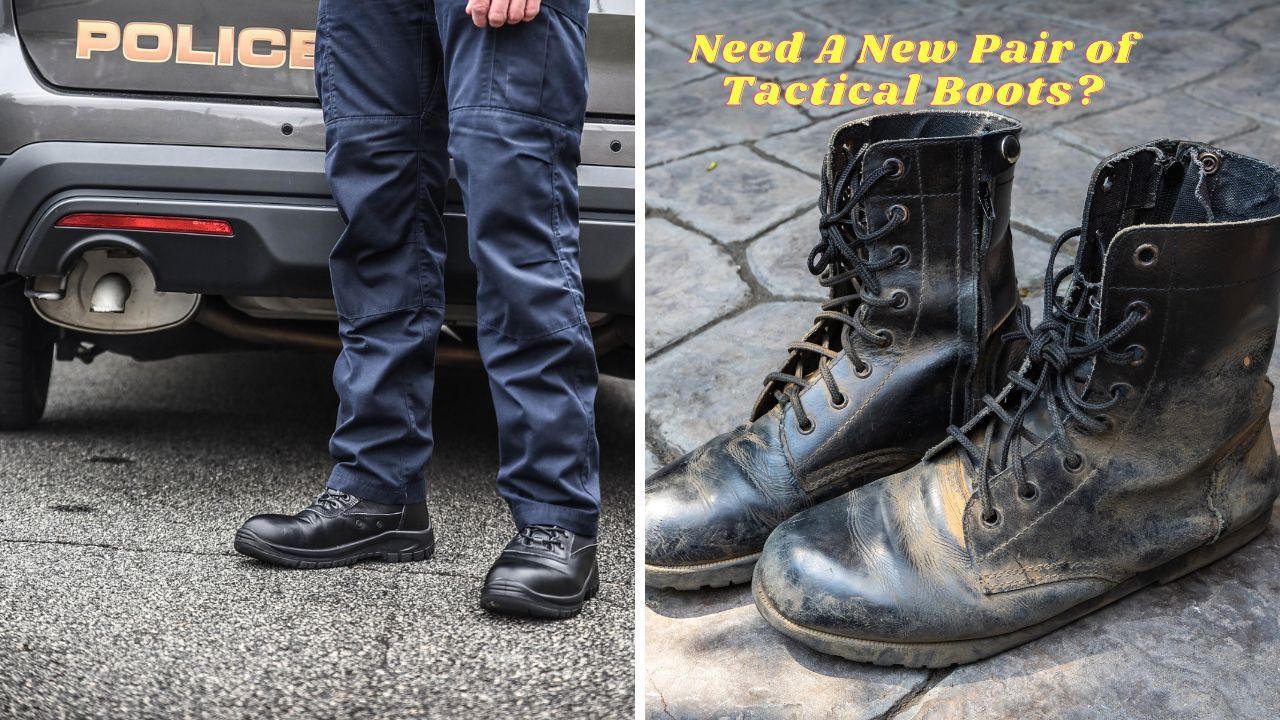
With detailed and rigorous research, we provide our readers with the finest recommendations. Our recommendations are our opinions. Our cause is backed by reader support- for every click made through one of our affiliates links, a commission may be earned at no extra expense to you! As an Amazon Associate, Reviewsopedia may earn a commission from qualifying purchases. Thank you and enjoy!
Understanding Climbing Shoe Odors
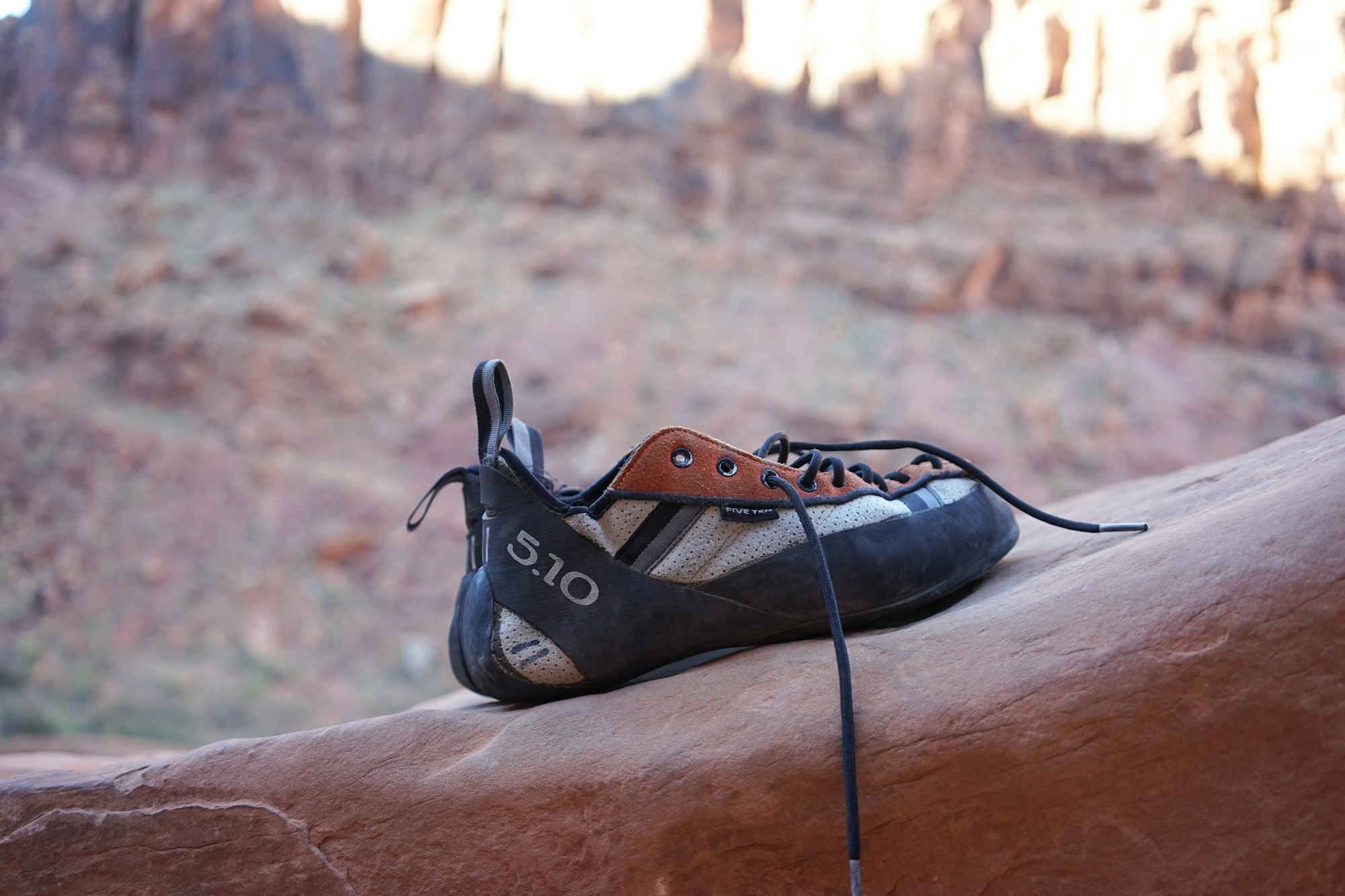
Climbing shoes can accumulate sweat and dead skin cells, which contribute to the growth of odor-causing bacteria and fungi. The type of shoe material also plays a role in odor development, with leather shoes being more prone to absorb perspiration and dead skin cells, resulting in a stronger smell compared to synthetic shoes.
As an avid climber, keeping your climbing gear fresh and clean is essential to avoid distractions and maintain a hygienic environment both inside and outside the climbing gyms.
Bacteria and Sweat
The primary cause of smelly climbing shoes is the proliferation of bacteria in the moist environment created by sweat. Microorganisms such as Staphylococcus epidermidis, Propionibacterium acnes, Kytococcus, Corynebacterium, and Dermatophilus are responsible for that unpleasant smell emanating from your favorite rock climbing shoes.
To keep your shoes clean and odor-free, it's crucial to address the bacterial growth and manage the moisture within the shoes.
Leather vs Synthetic Shoes
Leather and synthetic shoes each have their unique properties in relation to odor control. Leather climbing shoes are more breathable than synthetic ones, providing better regulation of foot temperature and odor. However, leather shoes require more maintenance to keep them smelling fresh and clean.
On the other hand, synthetic climbing shoes are more economical, lighter, and easier to maintain, but they are less effective in controlling foot temperature and odor. Knowing the type of climbing shoes you own can help you tailor your cleaning approach accordingly.
Preventing Shoe Odor

Preventing smelly climbing shoes is a crucial aspect of maintaining your climbing gear. A combination of airing out your shoes after each climbing session, using odor-fighting products, and practicing proper foot hygiene can help you keep your shoes clean and fresh.
Following these simple preventative measures will not only extend the life of your climbing shoes, but also create a more pleasant experience for you and your fellow climbers.
Air Out Your Shoes
Airing out your climbing shoes after each climb and storing them in a dry place is essential to reduce shoe odor. Avoid exposing your shoes to direct sunlight or using drying machines, as these can damage the shoe material.
Instead, utilize a hairdryer on a low temperature setting or stuff your shoes with newspaper or clean paper towel to expedite the drying process. Remember, keeping your shoes in a well-ventilated area allows them to dry out and smell better, preventing the growth of odor-causing bacteria.
Use Odor-Fighting Products
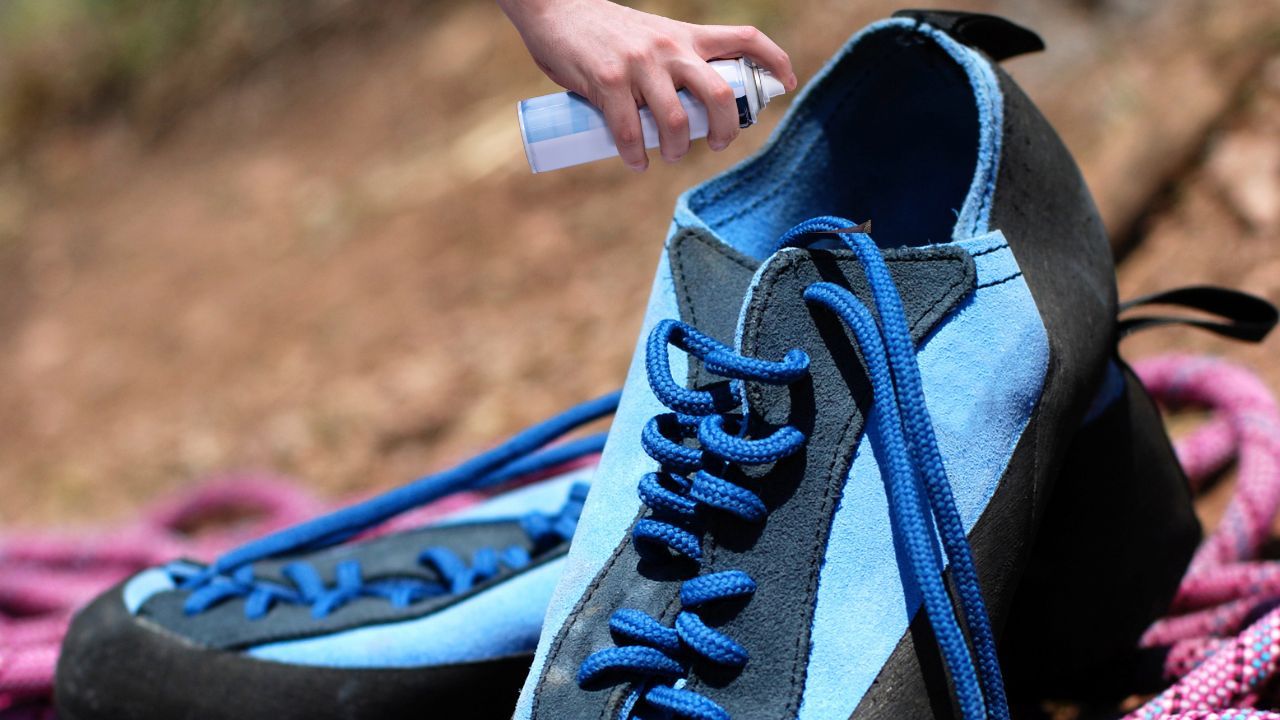
Incorporating odor-fighting accessories or DIY solutions like baking soda can help reduce climbing shoe smell. Baking soda neutralizes the environment required for bacteria to thrive, mitigating the unpleasant odors.
You can also use activated charcoal inserts, which absorb impurities and unpleasant odors from your shoes. Another useful tool are disinfectant wipes, which can effectively remove dirt and grime from your shoes.
By utilizing these products, you'll be well on your way to keeping your climbing shoes clean and odor-free.
Cleaning Climbing Shoes: Hand Washing vs Machine Washing
There are contradicting opinions on washing climbing shoes. Some manufacturers discourage it, while others encourage it. Hand washing is recommended for most shoes to avoid damage, as machine washing can weaken the adhesive that holds the shoes together and cause the leather to dry out and crack.
Regardless of your preferred method, it's essential to follow proper cleaning techniques to avoid damaging your beloved climbing shoes.
Hand Washing Essentials
When it comes to hand washing climbing shoes, having the right cleaning equipment is essential. You'll need warm water, a soft toothbrush, and a commitment to proper foot hygiene.
By following the steps outlined in the next subsection, you'll be well on your way to fresh and clean climbing shoes that are ready for your next adventure.
Hand Washing Steps
To clean your climbing shoes by hand, start by gently scrubbing the shoes with a soft brush to remove dirt and debris. Then, use a mild detergent and warm water to wash the shoes, avoiding hot water and rubbing alcohol, which can degrade the adhesive glue and damage the shoe materials.
Use a soft toothbrush to gently scrub both the inside and outside of the shoe, paying extra attention to the soles for optimal performance. After washing, rinse the shoes with lukewarm fresh water, swishing them around to ensure any soap residue is removed.
By following these steps, you'll have a clean and fresh pair of climbing shoes in no time.
Caring for Dirty Soles
Dirty soles can affect your climbing performance and contribute to unpleasant odors. Taking care of your climbing shoe soles by wiping them before each climb and using a toothbrush with water for outdoor climbing can help maintain grip and extend the life of your shoes.
Wiping Before Climbs
Before every climb, it's important to wipe your climbing shoe soles with a damp cloth to preserve grip and prolong the lifespan of the shoe. This simple practice helps remove any dirt, dust, or debris that may have accumulated on the soles and ensures that you have the best possible traction on the rock or wall.
Outdoor Climbing Care
For outdoor climbing, using a toothbrush with water is an effective method for cleaning the soles of your shoes. This practice helps remove any dirt, grime, or chalk residue that may have built up during your climb, ensuring that your shoes remain in peak condition for your next ascent.
Additional Tips for Fresh and Clean Climbing Shoes
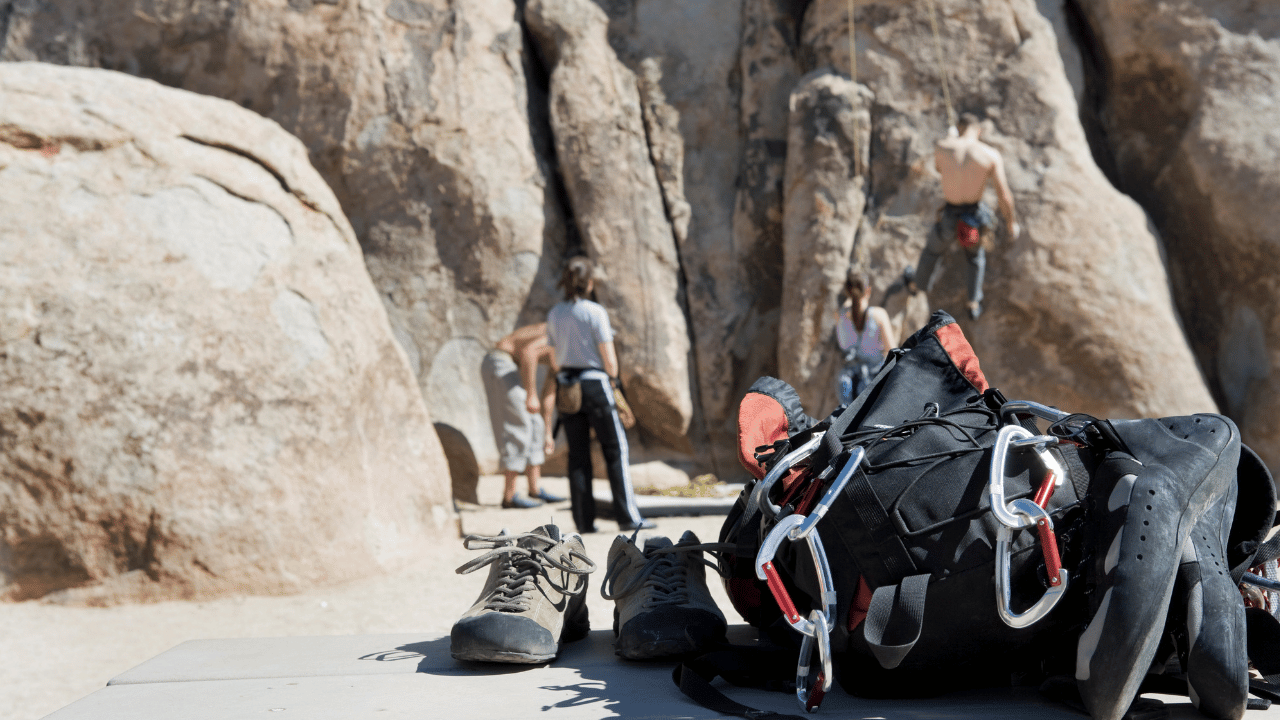
In addition to the steps outlined above, there are several other tips that can help you keep your climbing shoes fresh and clean. Paying attention to foot hygiene, utilizing chalk for sweat absorption, and practicing proper shoe storage can all contribute to a more pleasant and hygienic climbing experience.
Foot Hygiene
Proper foot hygiene is essential for maintaining fresh and clean climbing shoes. Washing your feet before and after climbing, wearing clean socks, and using flip flops in communal areas can all help prevent the buildup of bacteria and odors in your shoes.
By taking care of your feet, you'll be taking care of your climbing shoes as well.
Chalk for Sweat Absorption
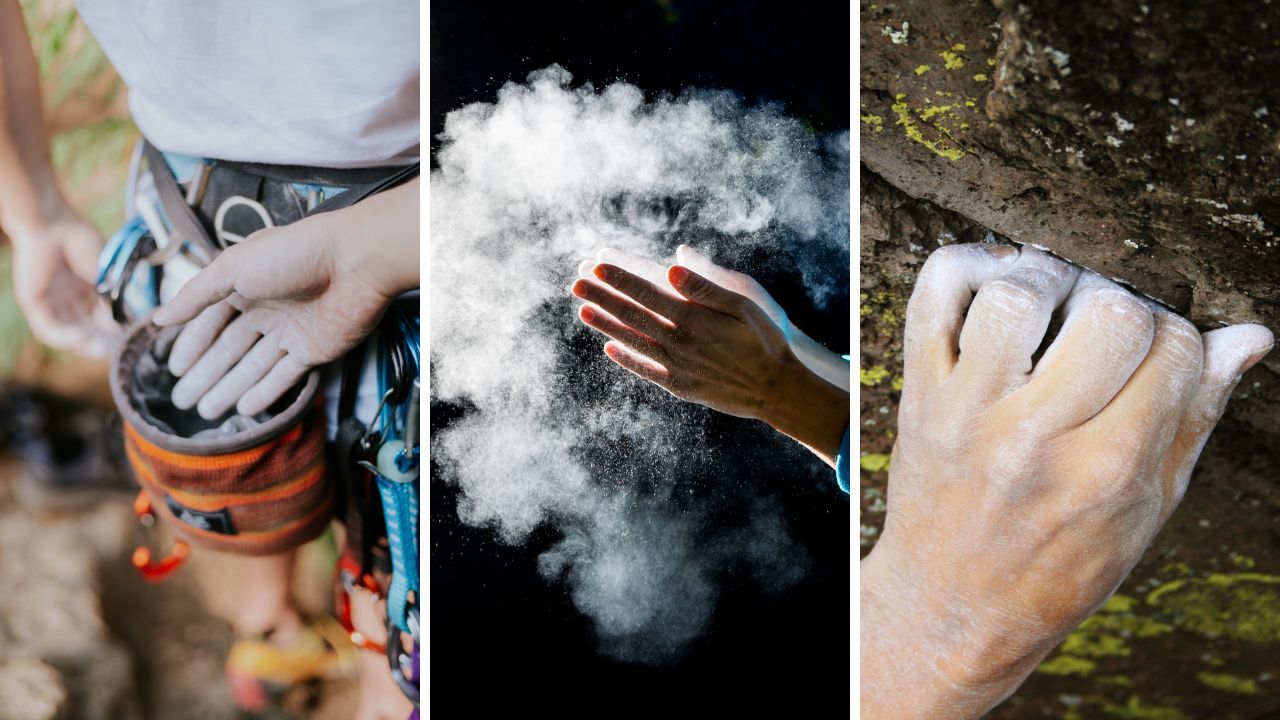
Using chalk on your feet can help absorb sweat and dead skin cells, preventing the accumulation of bacteria that can cause unpleasant odors. However, be aware that using chalk for sweat absorption may lead to a decrease in foot sensitivity, as it can cause the skin to dry out.
Use chalk judiciously to strike a balance between odor control and foot sensitivity.
Proper Shoe Storage
Storing your climbing shoes in an open space allows them to dry out and reduces the growth of bacteria and fungi. Avoid storing your shoes in damp, enclosed spaces, and consider using acid-free tissue or shoe deodorizer remover baggies for long-term storage to keep your shoes fresh and odor-free.
Summary
Cleaning your climbing shoes is essential to maintain their grip and durability. Over time, dead skin cells, sweat, and dirt can accumulate, turning your shoes into a perfect breeding ground for bacteria and odors. To wash climbing shoes properly, follow these simple steps.
First, never machine wash your shoes, as the washing machine can damage the rubber soles and compromise the shoe's integrity. Instead, opt for a hand wash with lukewarm water and mild soap. Gently brush the exterior and interior of the shoes, focusing on areas with visible dirt and grime. For best results, use a microfiber cloth or soft-bristled brush to avoid damaging the material.
To prevent wet climbing shoes from developing unpleasant odors, always wear socks to keep your feet clean and minimize the buildup of sweat and bacteria. If you've just purchased new climbing shoes, start this habit early to prolong their lifespan.
After washing your shoes, avoid using direct heat or sunlight during the drying process, as it can cause the rubber to deteriorate. Instead, stuff the shoes with newspaper or dry towels to absorb moisture and maintain their shape. Replace the stuffing every few hours until the shoes are completely dry.
By taking the time to hand wash your climbing shoes and following these care tips, you'll not only enjoy better performance on the rock but also delay the need to invest in new shoes. Remember, a little effort goes a long way in keeping your gear in top condition.Maintaining fresh and clean climbing shoes is essential for a comfortable and enjoyable climbing experience. By understanding the causes of shoe odors, implementing preventative measures, and following proper cleaning and care techniques, you can keep your climbing shoes in peak condition and focus on conquering your next climb. Remember, a clean climbing shoe is a happy climbing shoe.
Frequently Asked Questions
Can rock climbing shoes be washed?
To ensure the longevity of your rock climbing shoes, it is best to avoid washing them as it can cause the materials to break down faster. We suggest wiping the inside with disinfectant and allowing them to air dry. This will help keep your shoes in peak condition.
Do you have to clean climbing shoes?
Yes, you have to clean climbing shoes. Regular cleaning can help preserve the material of the shoe and make sure your feet stay comfortable while climbing. The most common advice is to wipe down the inside of the shoes with disinfectant wipes or spray and set them out to air dry after climbing.
Other Related Articles
